We've been drinking oat milk in our coffee for years. We've tried more brands than we can count and have tried it cold, hot, and frothed. Basically, we've tested and learned nearly everything you need to know about oat milk in coffee!
So, if you've seen oat milk offered at your local coffee shop and are curious about what this dairy-free milk is like in your cup of joe, then this post is for you.
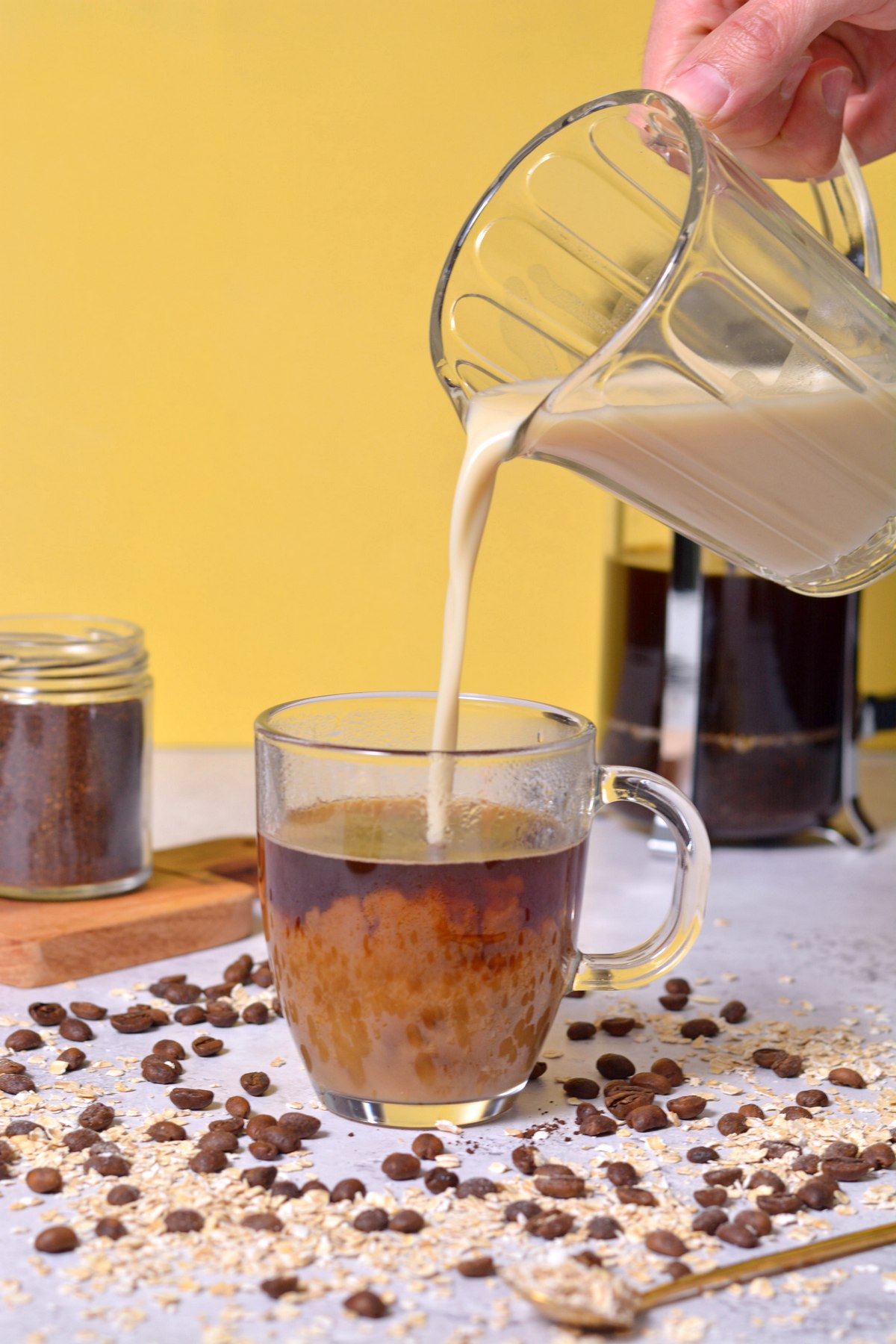
Want to save this recipe?
Enter your email below & we'll send it straight to your inbox. Plus you'll get fun new recipes from us every week!
In this post, we'll discuss all you need to know about oat milk in coffee. If you want to learn more about what oat milk is, its nutritional value and information, sustainability aspects, and much more, then check out our post about oat milk here!
Jump to:
Things to Consider
It's important to know the properties to consider about oat milk before adding it to your coffee. Let's go over the key things to keep in mind:
- Ingredients and flavor: Oat milk comes in a variety of flavors and different ingredient profiles. Some use only oats and water, many use stabilizers like guar gum which also help to keep the oat milk creamy. Be sure to check the labels to get oat milk that matches your personal preference (our favorites are listed at the bottom of this post!).
- Intended use: Are you planning to use this in espresso, light roast, dark roast, or decaf? If you will be enjoying a highly acidic coffee (like a light roast), then I recommend oat milk with a stabilizer in it, like guar gum. If you are using a dark roast or espresso, then plain oat milk with limited ingredients will work great!
- Nutrition Information: Oat milk is high in fiber and vitamins but does not have a whole lot of protein or calcium. For this reason, it's important to keep nutritional information in mind if using oat milk in place of cow’s milk in coffee.
Is Oat Milk good in coffee?
I might be biased, but I love oat milk in coffee! I'm a dairy-free coffee lover and in my opinion, it's one of the best alternative milks. Below are a few reasons oat milk is a delicious plant milk option for your coffee.
- Creamy & dairy free: When compared to other plant milks, the creamy texture of oat milk ranks it high on the list and makes it one of the best milk alternatives. It also froths very similar to cow’s milk (if frothing is your jam). Because oat milk has a lot of water, I have to add a little more milk than I would if using cow’s milk.
- Sustainable: Oat milk is considered one of the most sustainable dairy alternative milks due to the low water consumption of the oat plant. Oat milk is also easy to make at home. Meaning, if you are out of milk, you can reduce your trips to the store by just blending oats and water at home and straining it to make fresh oat milk.
- Taste: If you've ever wondered what oat milk tastes like, let me tell you! It is mild and almost flavorless making it perfect for coffee lovers who really want to taste the coffee.
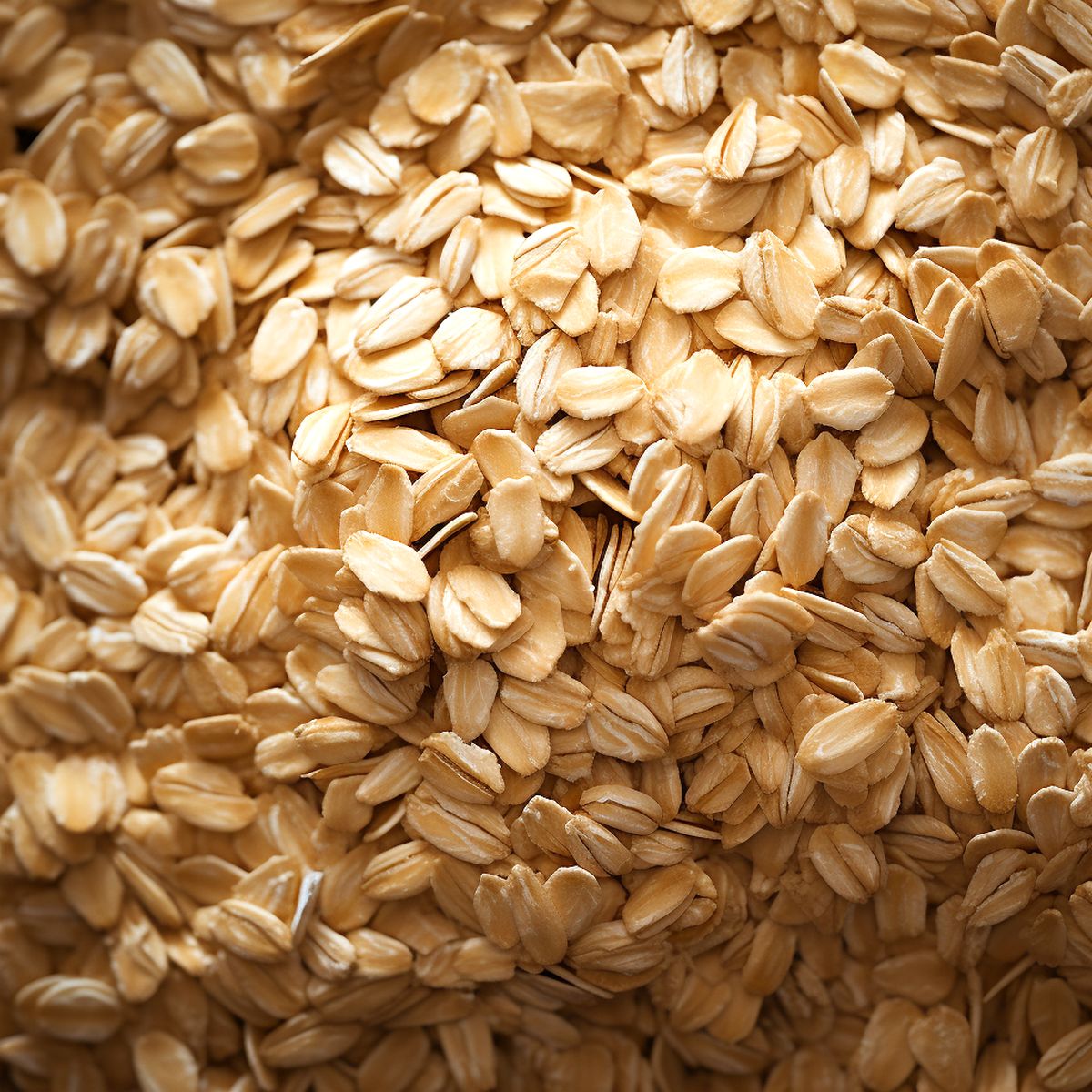
Does Oat Milk Curdle in Coffee?
Oat milk curdling in coffee is unusual and unlikely to happen in plant milks, but separation is common and we will talk about that later in this post.
Curdling happens when the acid in the coffee reacts with the lactic acid in milk and quickly decreases its pH. In general, plant milks have much less lactic acid than cow’s milk meaning less likely hood of curdling.
However, there can be curdling under certain circumstances. These circumstances are listed below. To avoid this, many “barista” blends of oat milk have added stabilizers that help prevent curdling.
- Acidity: Coffee beans are typically very acidic. A normal cup of joe has a pH of between 4.4 and 5, while orange juice is only at 3-4. The high acidity of the coffee is prime for causing curdling of any milk product.
- Heat: If your coffee drinks are super duper hot, your oat milk coffee is more likely to curdle. This is because molecules in hot things move faster, causing the chemical reaction of curdling to also happen faster. To minimize this, try to get the oat milk and the temperature of the coffee similar to avoid a drastic change in temperature. Or keep the coffee at a lower temperature to avoid curdling.
- Age of milk: Just like cow’s milk, the older the oat milk, the more lactic acid has built up, and the more likely it is to curdle or already be curdled. Definitely don't drink curdled oat milk if it's old!
Separation Versus Curdling
I wanted to note that separation in oat milk is VERY common and looks just like curdling. Because of how oat milk is made (blending oats and water), the oat particles naturally are heavier and will sink to the bottom. It doesn’t matter how much straining happens, there will always be some separation and the milk sits.
If this happens, simply stir your coffee a bit to mix it back up. If stirring it does not help, then your milk has curdled and we do not recommend drinking it.
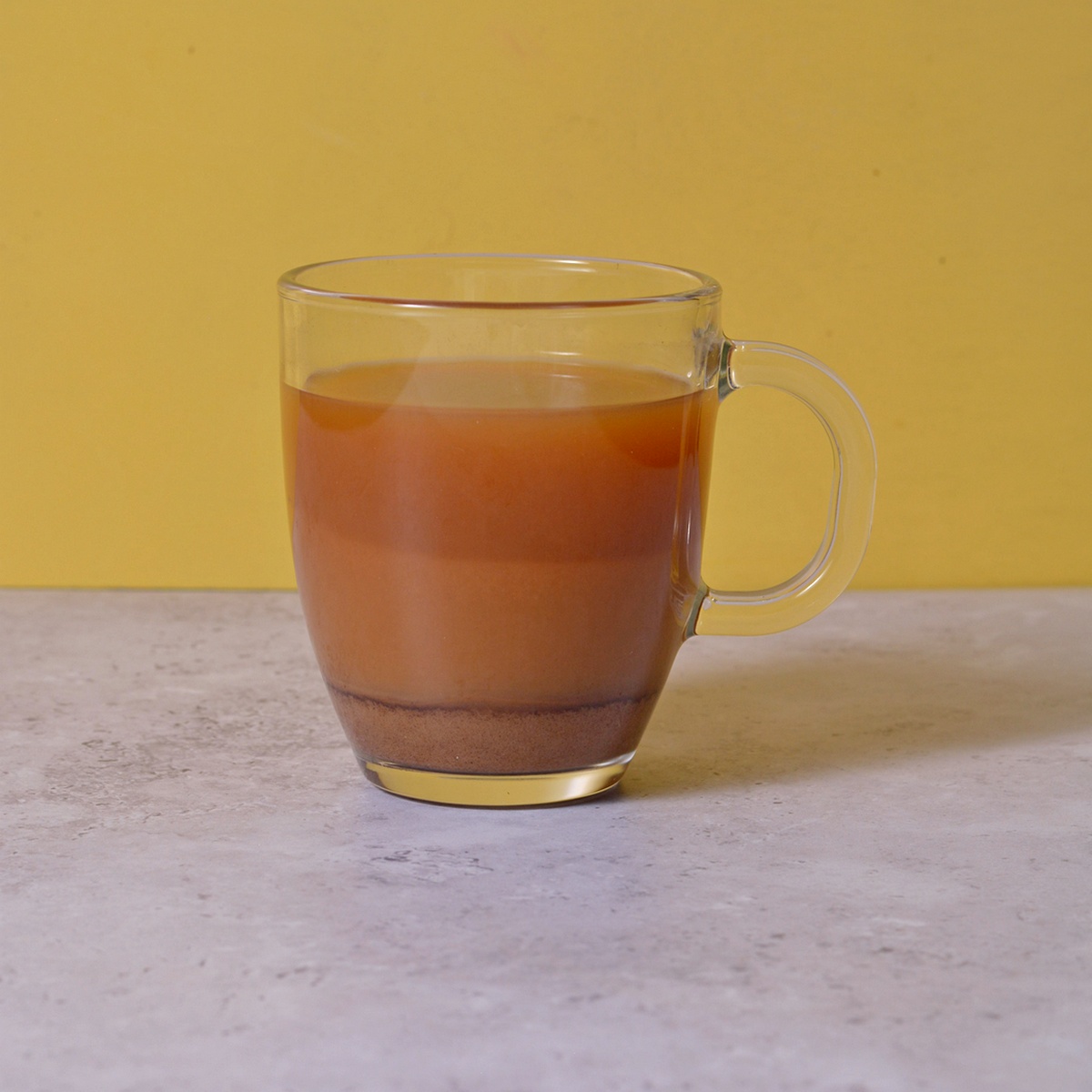
How to avoid separation
As I've mentioned many times, lots of oat milk brands have added stabilizers to help with separation, curdling, and creaminess. If your milk has this, then you probably won’t see much separation and can skip to the next section. If your milk doesn't have anything added (added stabilizers can contain trace amounts of soy so be aware if you are allergic), then here are some tricks to help minimize separation.
- Use right away: The longer the milk and coffee sit, the more separation will occur. Try to not add the milk until you are ready to drink your coffee. Which, I know, is hard if you have little ones or an endless to-do list!
- Pour in oat milk first: Pouring the oat milk into your cup first means that the act of pouring the hot coffee on top will help to mix the milk up, including any separation or settling that has occurred in the oat milk.
- Pick good oat milk: Not all oat milks are created equal when dealing with highly acidic coffee. Check out our list below for our top 5 recommended brands of oat milk for coffee.
- Don’t be afraid to mix again or swirl: If you see some separation occurring, just give it a swirl or stir and move on. It’s no big deal if there is some separation!
Best Oat Milks For Coffee
We drink oat milk daily, so we feel like we're experts in determining the best oat milk for coffee. Here are our top 5! Or you can make your own oat milk creamer!
- Elmhurst: Limited ingredients, no added stabilizers, super creamy and the oat milk doesn't separate all that much! This is thanks to Elmhurst using more oats in their ratio.
- Sown: If you're ok with added stabilizers, this oat milk is the closest I've ever found to half and half and whole milk! It's seriously SO creamy with zero separation or curdling. It comes in unflavored, sweet cream, and vanilla.
- Califia: Califia makes a great oat that is only 3 ingredients (which is why we love it), but it doesn't have as high of an oats-to-water ratio so separation does occur. They also make a great Barista blend that has very minimal separation and comes in lots of yummy flavors.
- Thrive: Another limited ingredients option (only oats, water, and salt!) Thrives oat milk is pretty creamy and very affordable. There is some separation that occurs, but just give it a stir and you’re good to go!
- Oatly: The Oatly Barista version of their oat milk is the most common brand for coffee shops. It doesn't have added sugar but does use added stabilizers. Oatly created the best frothing of any of the oat milks we’ve tried so we can see why coffee shops love it for that beautiful latte art!

Oat Milk Substitutes
Oat milk is certainly a top plant-based milk alternative. However, there are plenty of other non-dairy milk options to choose from! This includes soy milk, coconut milk, almond milk, and cashew milk, just to name a few. Check out our oat milk substitutes post to learn more about these other options.
Recipes Using Coffee and Oat Milk
To be honest we use oat milk in just about every recipe... But here are some favorites!
Final Thoughts
We'll wrap it all up by saying that oat milk is a great non-dairy milk substitute for coffee. It has one of the more creamy consistencies of plant-based milk options.
However, oat milk without stabilizers has a tendency to separate in coffee. No worries though, as long as you apply the information you learned in this post you'll be able to enjoy a great cup of coffee with oat milk!


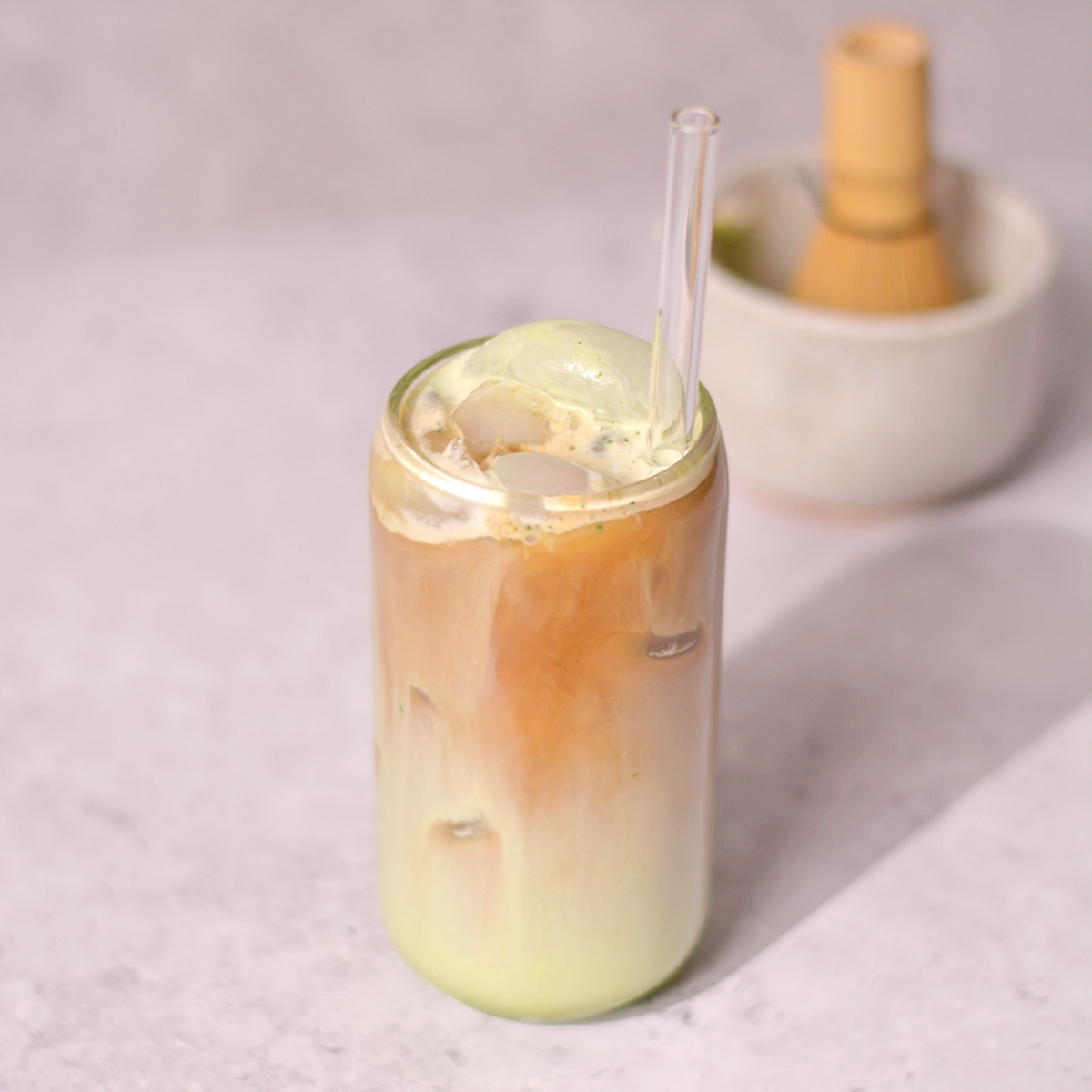



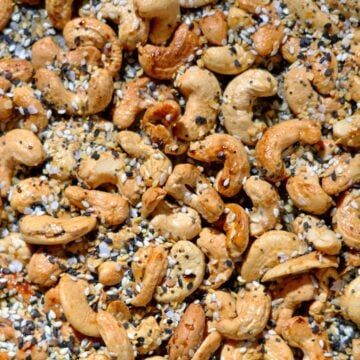
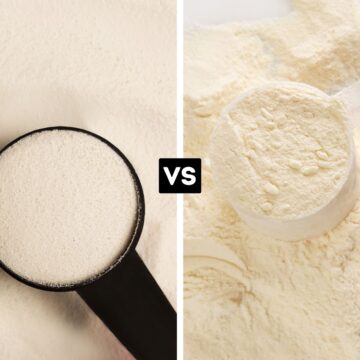
drop us a note!